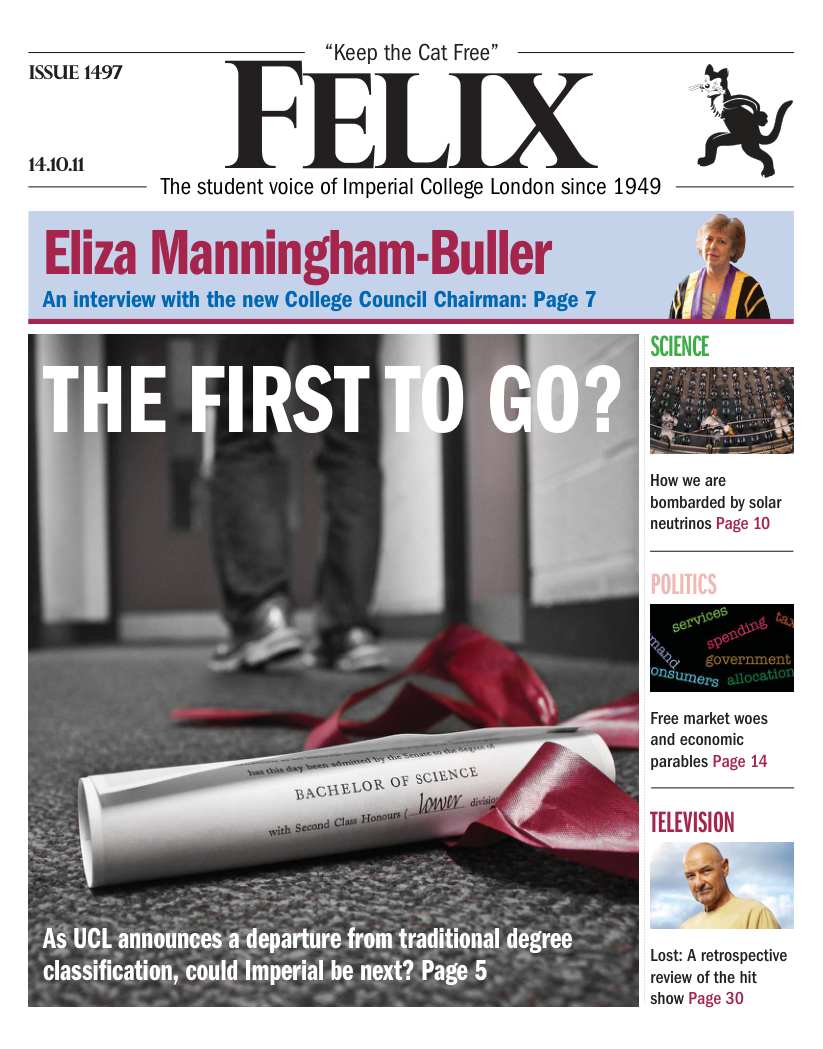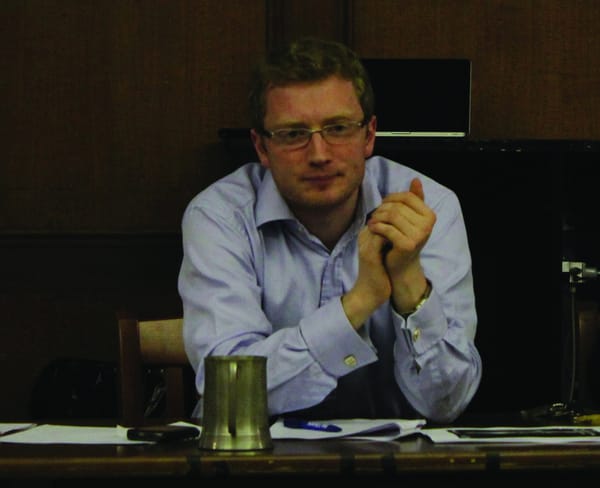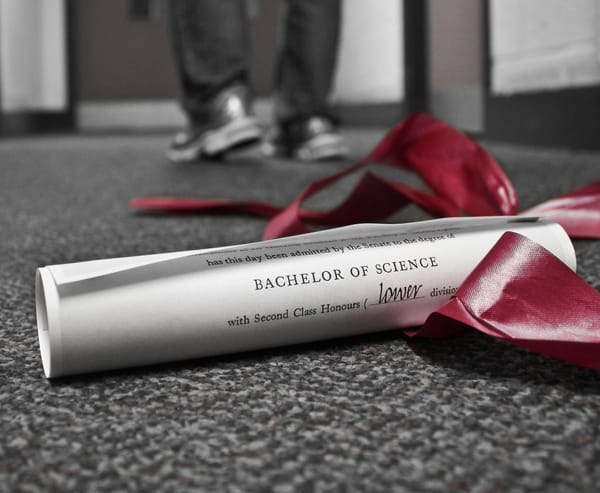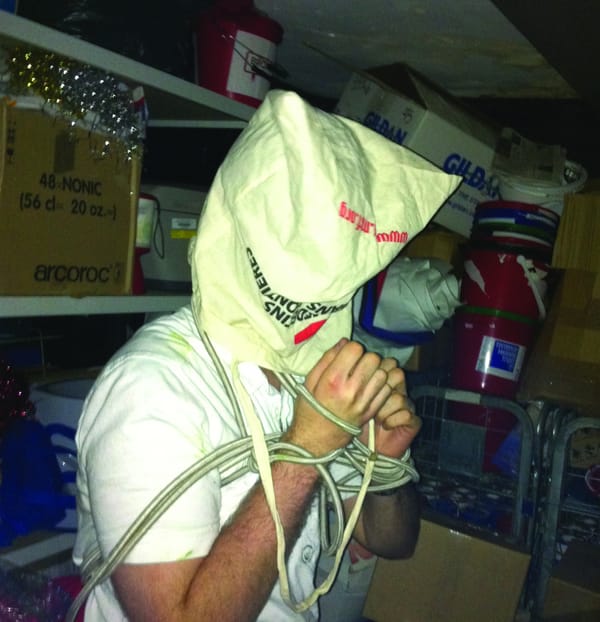Interview: Eliza Manningham-Buller
Matt Colvin talks to the former MI5 Director General and current College Chairman about her role and the future of Imperial College
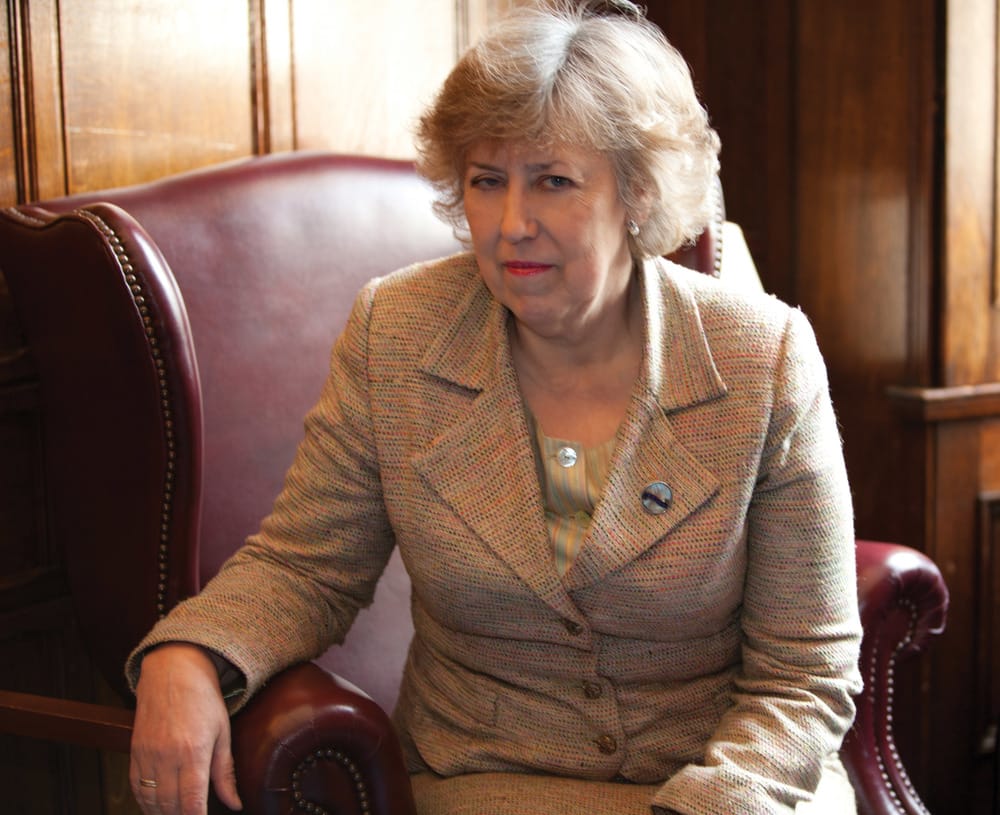
Late September – it’s the week before the beginning of a new academic year. As a new intake of students prepare to acclimatise to their new surroundings, a more experienced senior member of staff is also preparing for the hardships of the year ahead, as one should expect from someone in charge of the long and arduous process of appointing the Rector. Sitting across a table from someone with such a varied career (teacher, Director General of MI5, attendee to the House of Lords) is at least a little intimidating to begin with, especially since I have no idea of the manner in which to address a Baroness. Baroness Eliza Manningham-Buller is keen to do away with any such preconceptions almost instantly. “It’s just Eliza,” she tells me as we are introduced.
Eliza chairs the Council of Imperial College London, following on from her predecessor Lord Kerr. She took up the post on July 16 and is the first woman to hold the position of College Chairman. She is not entirely new to Imperial, having been Deputy Chairman since 2009. Sitting in her office in the Faculty Building, I aim to discover what her role, and that of the College Council itself, entails.
“Most students probably don’t know that it exists,” Eliza begins; a perceived wrong that she is without a doubt keen to right. With responsibilities extending far beyond the appointment of the Rector, including advising on College strategy, finance and property, the Council is not the sole responsibility of one, but many.
“The Council is made up of several individuals from different walks of life, including business, investment, the Civil Service and management,” explains Eliza – it’s a list that includes key figures from institutions such as the Bank of England and companies such as BP.
It is also a list that ultimately decides upon who will take charge of the Council, a process that Eliza doesn’t hesitate to explain when asked about the path she took to the position of Council Chairman: “I applied through a formal process after replying to an advertisement in The Economist, so in addition, there were external applicants. I was interviewed by a subset of Council members, and then a recommendation followed.” Despite her current position, she also mentions that it wasn’t something that she actively sought once she originally joined the College, explaining, “I never expected to seek [the position] when I joined.”
“I never understood that science was about discovery – now, it excites me to no end
Despite the already substantial credentials of the Council in its entirety, Eliza is keen to appoint some new people to be more representative of society in its diversity: individuals “with international experience and cultural understanding.” Such experience is naturally crucial towards the appointment of the Rector, a process involving “drawing up a job specification and headhunting through an open process,” advising that for an ideal candidate, ‘it’s central to be approachable to students.”
At the Council’s heart, Eliza explains that it is their role to “help Imperial be even better”. “Universities can’t be static. The global world is changing, so students are going to go, if they can afford it. There should be no complacency; we must continually seek to improve everything, as it’s a competitive world and people should be getting their money’s worth. Complacency will mean our downfall.”
“There should be no complacency; we must continually seek to improve everything”
It comes as no surprise that Eliza is still very much in demand by various institutions, and not only Imperial. Intrigued as to how she simply finds the time to fulfil all of her responsibilities, including sitting in the House of Lords and acting as a governor with the Wellcome Trust charity, she proceeds to lift the veil on what was increasingly looking like a professional juggling act: “The Wellcome Trust takes about 60 days of the year. At Imperial, I found the exposure to high-grade sciences and research fascinating, so I had no hesitation in joining the Council. In the House of Lords I chair one committee while sitting on two, and yet I still get time to see my sheep! ”
While others may still seek her advice, Eliza hopes to reaffirm new bonds with Imperial College Union, “I hope to keep in touch with the [Union] President outside of Council meetings – without a doubt there are voices to be heard.” When I ask about Imperial’s latest rankings in university league tables, with the Sunday Times dropping Imperial 11 places last month, she is quick to assure me that “[league tables] can be quite misleading. The real question we have to ask ourselves is: are we as good as we want to be? The answer will almost always be no, therefore we will almost always want to be better.”
It’s a question that must be considered against the impending rise in fees – something that Eliza assures will be considered with due attention. “We need to monitor the situation carefully and collect statistics on it. There’s no point asserting that it’s all fine.” In a similar vein, she is particularly keen to highlight the benefits of Imperial’s new bursary scheme, with up to a significant £60,000 worth of support propelling the university to the top of the Russell Group in terms of financial aid available to students. “Financial support and alumni contribution is a keen area as it can help the students, strengthen finances and aid ailing infrastructure,” she explains, “It’s a big, long term job.”
“There are lots of external challenges, but equally we’re constantly seeking to be better – it’s a competitive world. We’re going to become pretty vociferous, after all, we’re educating the next generation of doctors, scientists, engineers and business leaders.”
Reaching the end of our discussion, we move to Eliza’s background as an Oxford arts student, in particular asking whether she has any regrets not reading science. “I loved Biology at school,” she admits, “though my experience of science teaching was that it was designed to put off all but the most passionate – it was all petri dishes and Bunsen burners; I never understood that science was about discovery – now, it excites me to no end!”


